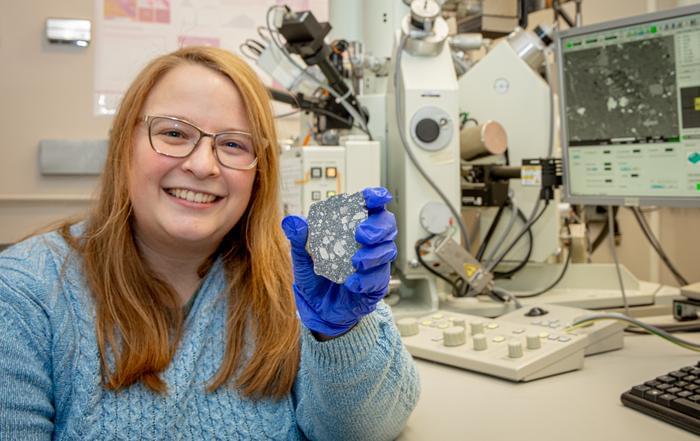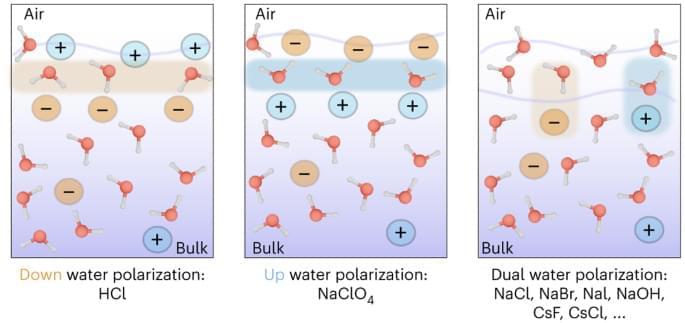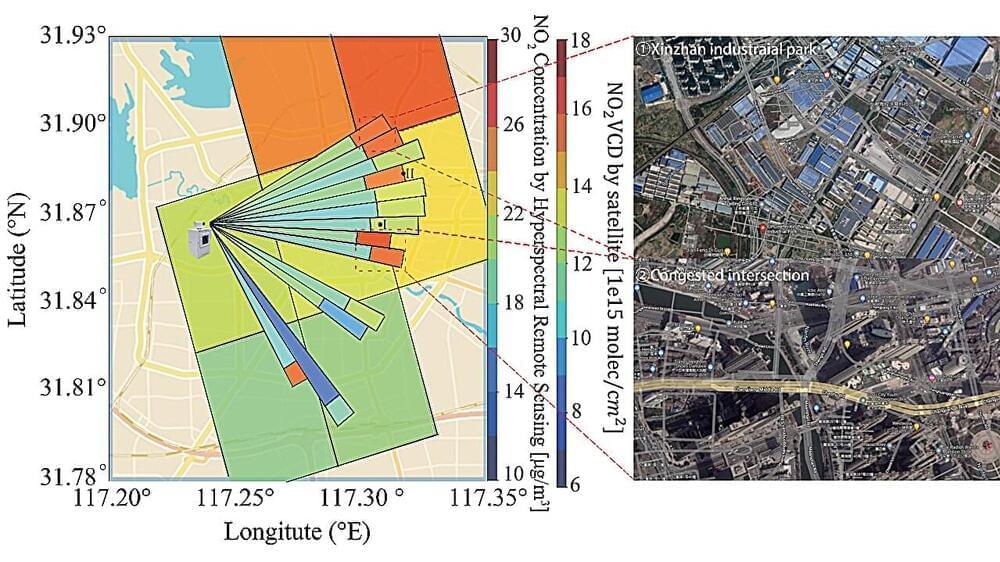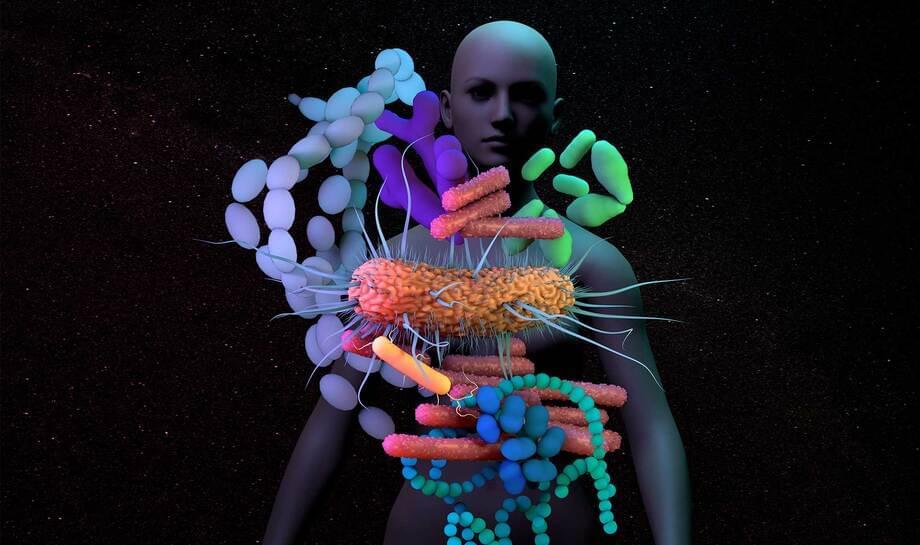Does the Moon’s crust have more water than previously thought? This is what a recent study published in Nature Astronomy hopes to figure out as a team of international researchers investigated how the mineral apatite found within a Moon meteorite provides greater insight into how the Moon’s early crust from billions of years ago could have possessed higher amounts of water than scientists have previously hypothesized. This study holds the potential to not only help scientists better understand lunar history but also provide a gateway to unlocking lunar water for future astronaut missions, as well.
“The discovery of apatite in the Moon’s early crust for the first time is incredibly exciting – as we can finally start to piece together this unknown stage of lunar history,” said Dr. Tara Hayden, who is a postdoctoral associate at Western University and lead author of the study. “We find the Moon’s early crust was richer in water than we expected, and its volatile stable isotopes reveal an even more complex history than we knew before.”








